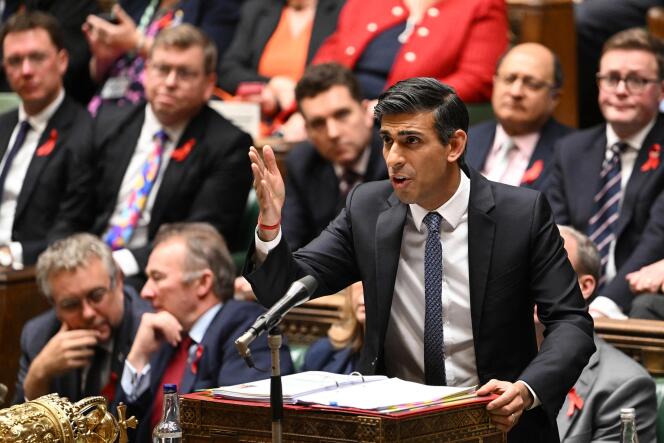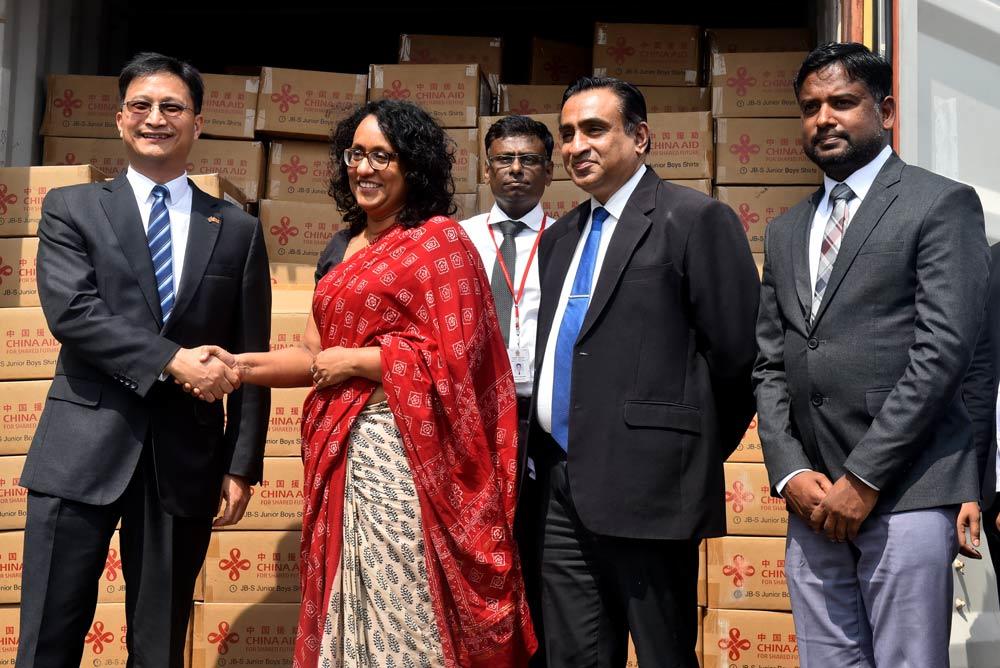In a move aimed at revitalising the Samagi Jana Balawegaya (SJB), its Chairperson and former MP, Imthiaz Bakeer Markar, has called for an extensive reorganisation of the party. In a detailed letter to party leader Sajith Premadasa and General Secretary Ranjith Madduma Bandara, Bakeer Markar laid out 12 transformative proposals to strengthen the party’s connection with grassroots members and prepare for future challenges. Copies of the letter were also shared with SJB Treasurer MP Dr. Harsha de Silva and National Organiser and former MP Tissa Attanayake.
Central to Bakeer Markar’s recommendations is the need to foster stronger relationships between the party leadership and its grassroots membership. He stressed that the party must avoid relying on “parachutists”—leaders appointed without grassroots support—and instead focus on developing natural leaders through youth and student organisations. This, he argued, would ensure that leadership is built organically and sustainably.
A key aspect of his proposals is the unification of the party’s ideological stance. Bakeer Markar believes that a cohesive and clearly communicated ideology is essential for the SJB to resonate with its members and the public. By organising activists from top to bottom, he envisions a party that speaks with one voice, ensuring its vision is both well-socialised within the organisation and effectively communicated externally.
To enhance internal democracy, he proposed collective decision-making, involving members in delegating responsibilities, and conducting formal votes where necessary. This approach, he suggested, would create a sense of ownership among members and strengthen the party’s unity.
Bakeer Markar also called for structural reforms to improve accountability and operational efficiency. He recommended regular meetings for Parliamentarians, party organisers, and key committees, including the Executive Council and Party Conference. Assigning specific responsibilities to district leaders and conducting quarterly reviews of their performance were among his suggestions to ensure accountability at every level.
Recognising the importance of youth engagement, Bakeer Markar proposed programs targeting individuals aged 15 to 17, aiming to provide political education and foster their involvement ahead of upcoming elections. He further recommended setting clear criteria for candidate selection, prioritising professionals, social activists, and community leaders while ensuring 25% representation for youth and women. Additionally, he suggested limiting the re-nomination of candidates who failed in previous elections to 35%.
To modernise the party’s outreach, Bakeer Markar advocated for the establishment of a dedicated social media unit. This team would replace election-specific ad-hoc communication operations with a consistent and structured program, ensuring the party’s messages reach its audience effectively. He also recommended regular progress reviews involving the party leader and affiliated organisations representing youth, women, students, and trade unions to maintain alignment across all party activities.
Another key proposal was improving accessibility within the party. Bakeer Markar suggested allocating specific time slots for constituency organisers and regional representatives to meet with the party leader and key officials, fostering better communication and collaboration at all levels.
Bakeer Markar’s comprehensive vision highlights a pathway for the SJB to strengthen its grassroots connections, unify its ideology, and become a more democratic and effective political force. If implemented, these reforms could position the party to better address the challenges ahead and resonate with the aspirations of Sri Lanka’s electorate.




